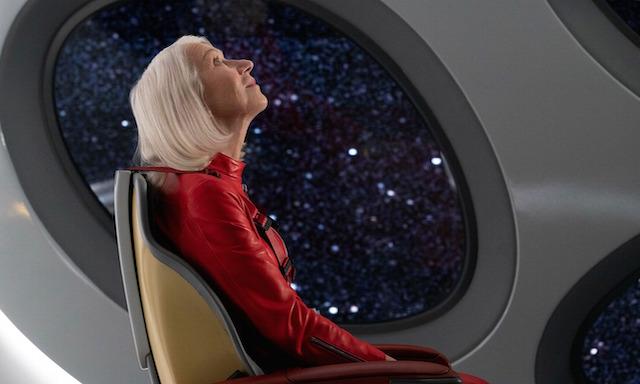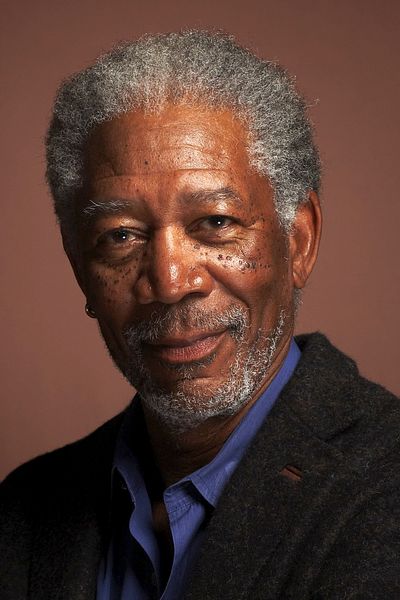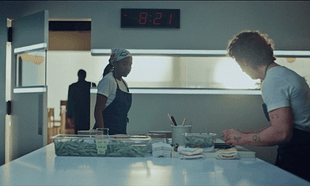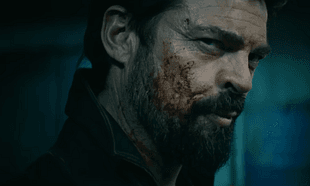'Black Mirror' has a lot to answer for.
Basically, put any kind of piece of white plastic in a show, have a well-known actor in a self-contained story about technology, and lots of pop-culture references in the script, and people will automatically draw a line to 'Black Mirror'. Showrunners and directors are now aping this style, but the problem is none of them has had even close to the same impact. More than that, the satire which gave 'Black Mirror' its edge is missing entirely.
'Solos' has all the trappings of 'Black Mirror' - stories about the intersection between humanity and technology, well-known actors, copious pop-culture references, self-contained plots - but the spin on it is that it's normally just one actor in the episode, by themselves. For example, the opening episode follows Anne Hathaway as a physicist who develops a way to communicate with a younger and older version of herself. 'Tom' sees Anthony Mackie communicating with a robot version of himself who'll take over his life after he "leaves", and argues with himself over different issues. 'Peg' follows Helen Mirren as an elderly astronaut talking to her onboard computer the entire time.
It's interesting that, in 'Solos', technology isn't malevolent. If anything, it's a positive. 'Stuart', for example, has Morgan Freeman's character regenerate his memory after Alzheimer's robbed him of it with the use of stem-cell technology. We're so used to seeing technology in a negative light, but the fact here is that while it may be shown in a positive light, it doesn't actually make any kind of commentary on it. It's just... there. Would Amazon have the stones to make a show about invasive technology when they literally sell a piece of tech that listens to your conversations?
The concept in each episode might be smart, but the performances are so heavy and so actor-y that it's like you're watching a showreel performance for actors who definitely don't need it. Each episode, without fail, features an indulgent monologue - because, again, it's just them - and while that may be fun for them, it's quite tiresome to watch. You can even imagine how the pitch meeting went for it. Why, we'll film it with one actor, it'll keep the insurance costs down for filming during the pandemic, and it's one episode, one solo performance each. Genius! On paper, it makes sense. In reality, it's dull and self-involved.
One-act plays and monodramas aren't anything new, of course. It's not surprising that such big names like Helen Mirren, Morgan Freeman, Constance Wu, Anthony Mackie, Anne Hathaway and Dan Stevens were interested in this. It's a chance for them to flex their acting muscles after all, but they're let down by continuously flat and unimaginative dialogue, and equally plain visual choices. It's always close-ups or slow trucking shots, with gentle piano riffs every so often. Even though they're all giving it their best, it's never quite as good as it could be. In the end, the concept is better than the execution. It's all too vague to be interesting, and the overwrought nature of it is too much too to stomach.





















































































